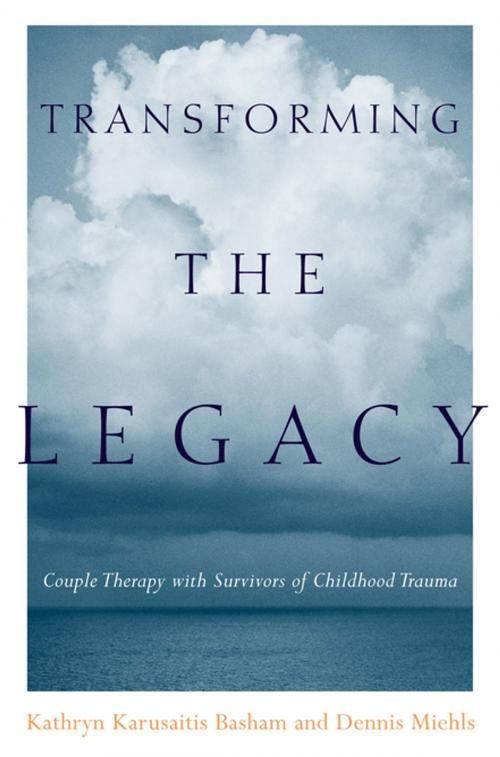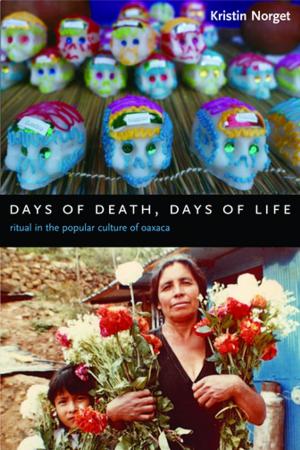Transforming the Legacy
Couple Therapy with Survivors of Childhood Trauma
Nonfiction, Social & Cultural Studies, Social Science, Social Work, Sociology| Author: | Kathryn Karusaitis Basham, Dennis Miehls | ISBN: | 9780231509237 |
| Publisher: | Columbia University Press | Publication: | October 27, 2004 |
| Imprint: | Columbia University Press | Language: | English |
| Author: | Kathryn Karusaitis Basham, Dennis Miehls |
| ISBN: | 9780231509237 |
| Publisher: | Columbia University Press |
| Publication: | October 27, 2004 |
| Imprint: | Columbia University Press |
| Language: | English |
To serve the increasing numbers of individuals who have survived interpersonal and domestic violence, or as refugees, have sought asylum from political violence, armed conflict, or torture, Transforming the Legacy presents an innovative relationship-based and culturally informed couple therapy practice model that is grounded in a synthesis of psychological and social theories. This unique couple therapy model encompasses three phases of clinical practice: Phase I entails a process of establishing safety, stabilization, and a context for changing legacies of emotional, sexual, and/or physical abuse. Phase II guides reflection on the trauma narrative. The goal of phase III is to consolidate new perspectives, attitudes, and behaviors.
Within these phases, the model—illustrated with rich case studies—focuses on specific issues, including: intersubjectivity between the client and clinician (such as transference and countertransference, vicarious traumatization, and racial identity development); intrapersonal, interactional, and institutional factors; the role of the "victim-victimizer-bystander" dynamic in the couple and therapeutic relationships; preserving a locus of control with clients; flexibility in decisionmaking regarding clinical processes; and specific practice themes, such as the composition of a couple, the role of violence, parenting, sexuality, affairs, dual diagnoses, and dissociation.
A dramatic departure from formulaic therapeutic approaches, this biopsychosocial model emphasizes the crafting of specific treatment plans and specific clinical interventions to show how couple therapy can transform the legacies of childhood traumatic events for a wide range of populations, including military couples and families, gay lesbian/bisexual/transgendered couples and families, and immigrant and refugee couples and families. This thorough attention to issues of cultural diversity distinguish Transforming the Legacy from the current literature and make it an invaluable resource for clinicians in a wide range of professional disciplines.
To serve the increasing numbers of individuals who have survived interpersonal and domestic violence, or as refugees, have sought asylum from political violence, armed conflict, or torture, Transforming the Legacy presents an innovative relationship-based and culturally informed couple therapy practice model that is grounded in a synthesis of psychological and social theories. This unique couple therapy model encompasses three phases of clinical practice: Phase I entails a process of establishing safety, stabilization, and a context for changing legacies of emotional, sexual, and/or physical abuse. Phase II guides reflection on the trauma narrative. The goal of phase III is to consolidate new perspectives, attitudes, and behaviors.
Within these phases, the model—illustrated with rich case studies—focuses on specific issues, including: intersubjectivity between the client and clinician (such as transference and countertransference, vicarious traumatization, and racial identity development); intrapersonal, interactional, and institutional factors; the role of the "victim-victimizer-bystander" dynamic in the couple and therapeutic relationships; preserving a locus of control with clients; flexibility in decisionmaking regarding clinical processes; and specific practice themes, such as the composition of a couple, the role of violence, parenting, sexuality, affairs, dual diagnoses, and dissociation.
A dramatic departure from formulaic therapeutic approaches, this biopsychosocial model emphasizes the crafting of specific treatment plans and specific clinical interventions to show how couple therapy can transform the legacies of childhood traumatic events for a wide range of populations, including military couples and families, gay lesbian/bisexual/transgendered couples and families, and immigrant and refugee couples and families. This thorough attention to issues of cultural diversity distinguish Transforming the Legacy from the current literature and make it an invaluable resource for clinicians in a wide range of professional disciplines.















